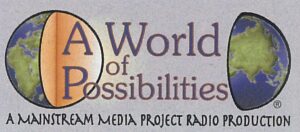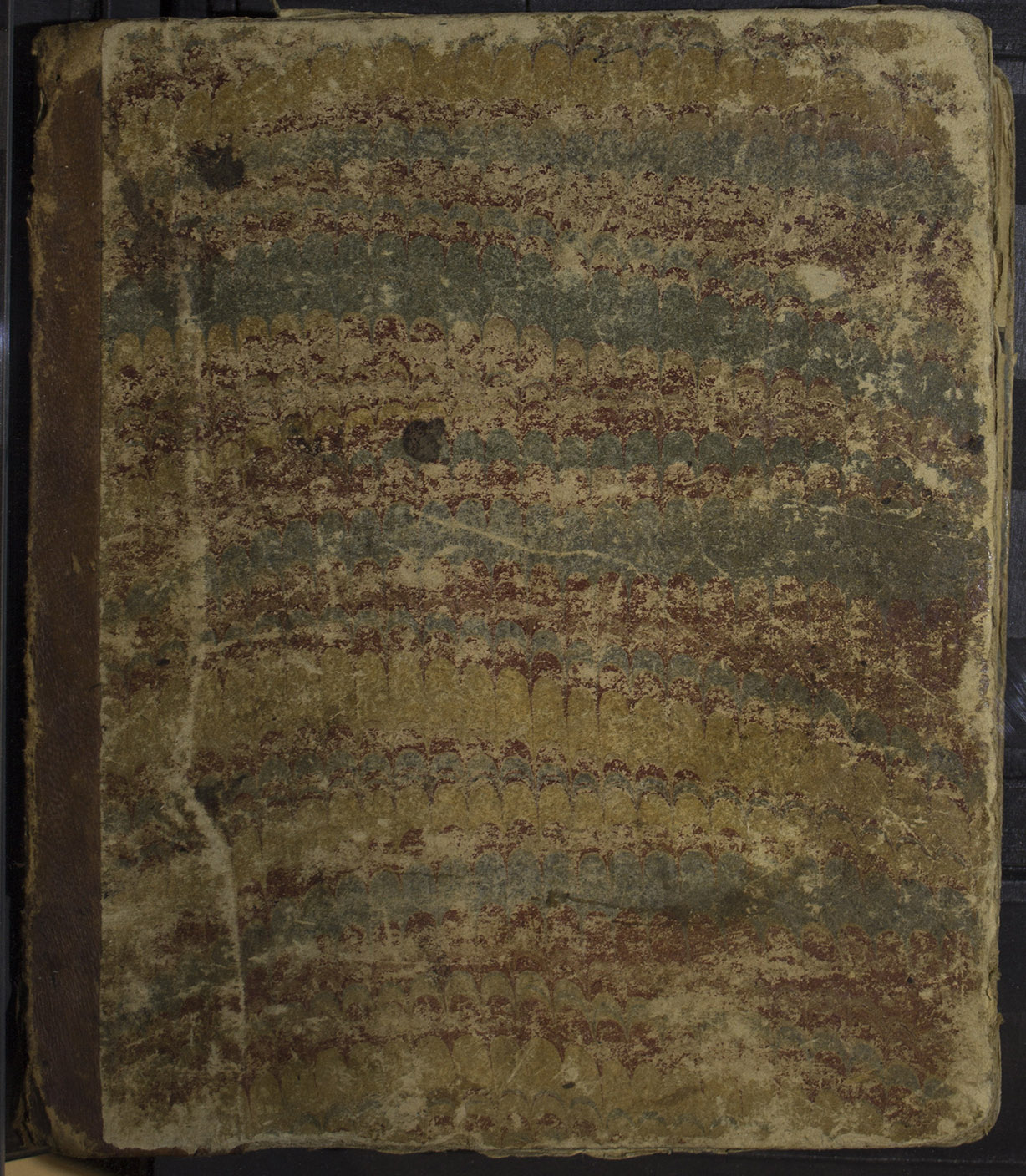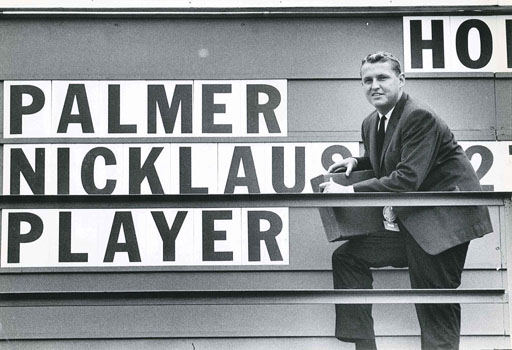Mainstream Media Project Records
Founded in 1995, by founder and former executive director Mark Sommer, the Mainstream Media Project (MMP) was a nonprofit public education organization focused on print and broadcast media about creative approaches in achieving peace, security, and sustainability in an interdependent global community. Until its closing in early 2014, it was particularly involved with placing top policy analysts, social innovators, and on-the-ground organizers on radio and television stations across the country and globe. One such project, A World of Possibilities radio show, founded in 2001, was an award-winning one hour weekly show hosted by Sommer. A program “of spirited global conversations,” featuring interviews searching for understanding of, and solutions to, longstanding global public affairs challenges, A World of Possibilities was nationally and internationally syndicated until it ceased broadcasting in 2011.
The MMP Records contain over ten linear feet of CD and DVD masters of uncut interviews and produced radio shows. Shows, including Heart of the Matter and A World of Possibilities, explore promising new thinking and experimentation in fields ranging from energy, food, water, and wilderness to human rights, global security, and public health, and include interviews with leading experts and innovators, such as Studs Terkel, Pete Seeger, Laurie Garrett, Wangari Maathai, Frances Moore Lappe, Howard Gardner, Lily Yeh, Robert Reich, Majora Carter, Van Jones and many more. The collection also contains MMP business files, consisting of correspondence, reports, articles, grant information, and organizational materials.





 See the blog
See the blog